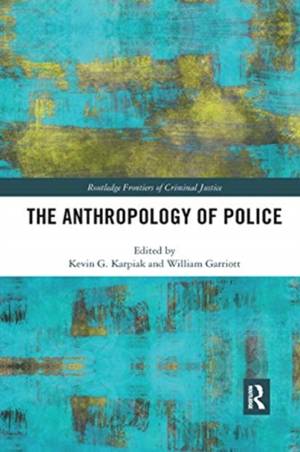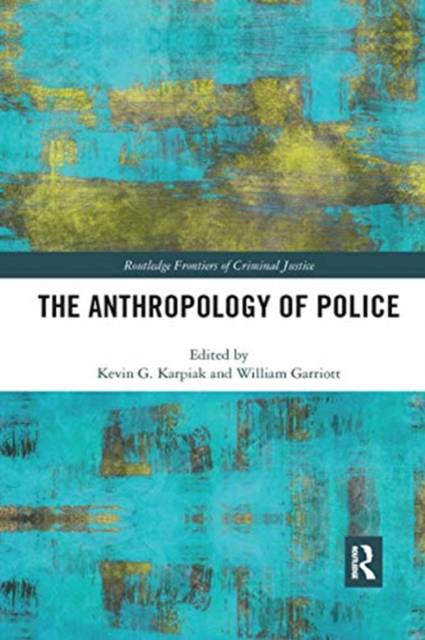
- Retrait gratuit dans votre magasin Club
- 7.000.000 titres dans notre catalogue
- Payer en toute sécurité
- Toujours un magasin près de chez vous
- Retrait gratuit dans votre magasin Club
- 7.000.0000 titres dans notre catalogue
- Payer en toute sécurité
- Toujours un magasin près de chez vous
The Anthropology of Police
Description
What are the potential contributions of anthropology to the study of police? Even beyond the methodological particularities and geographic breadth of cultural anthropology, there are a set of conceptual and analytical traditions that have much to bring to broader scholarship in police studies.
Including original and international contributions from both senior and emerging scholars, this pioneering book represents a foundational document for a burgeoning field of study: the anthropology of police. The chapters in this volume open up the question of police in new ways: mining the disciplinary legacies of anthropology in order to discover new conceptual tools, methods, and pedagogies; reworking relationships between "police," "public," and "researcher" in ways that open up new avenues for exploration at the same time as they articulate new demands; and retracing a hauntology that, through interactions with individuals and collectives, constitutes a body politic through the figure of police.
Illustrating the various ways that anthropology enables a reassessment of the police/violence relationship with a broad consideration of the human stakes at the center, this book will be of interest to criminologists, sociologists, anthropologists, and the broad interdisciplinary field invested in the study of policing, order-making, and governance.
Spécifications
Parties prenantes
- Editeur:
Contenu
- Nombre de pages :
- 236
- Langue:
- Anglais
- Collection :
Caractéristiques
- EAN:
- 9780367482404
- Date de parution :
- 31-03-21
- Format:
- Livre broché
- Format numérique:
- Trade paperback (VS)
- Dimensions :
- 156 mm x 234 mm
- Poids :
- 353 g

Les avis
Nous publions uniquement les avis qui respectent les conditions requises. Consultez nos conditions pour les avis.





